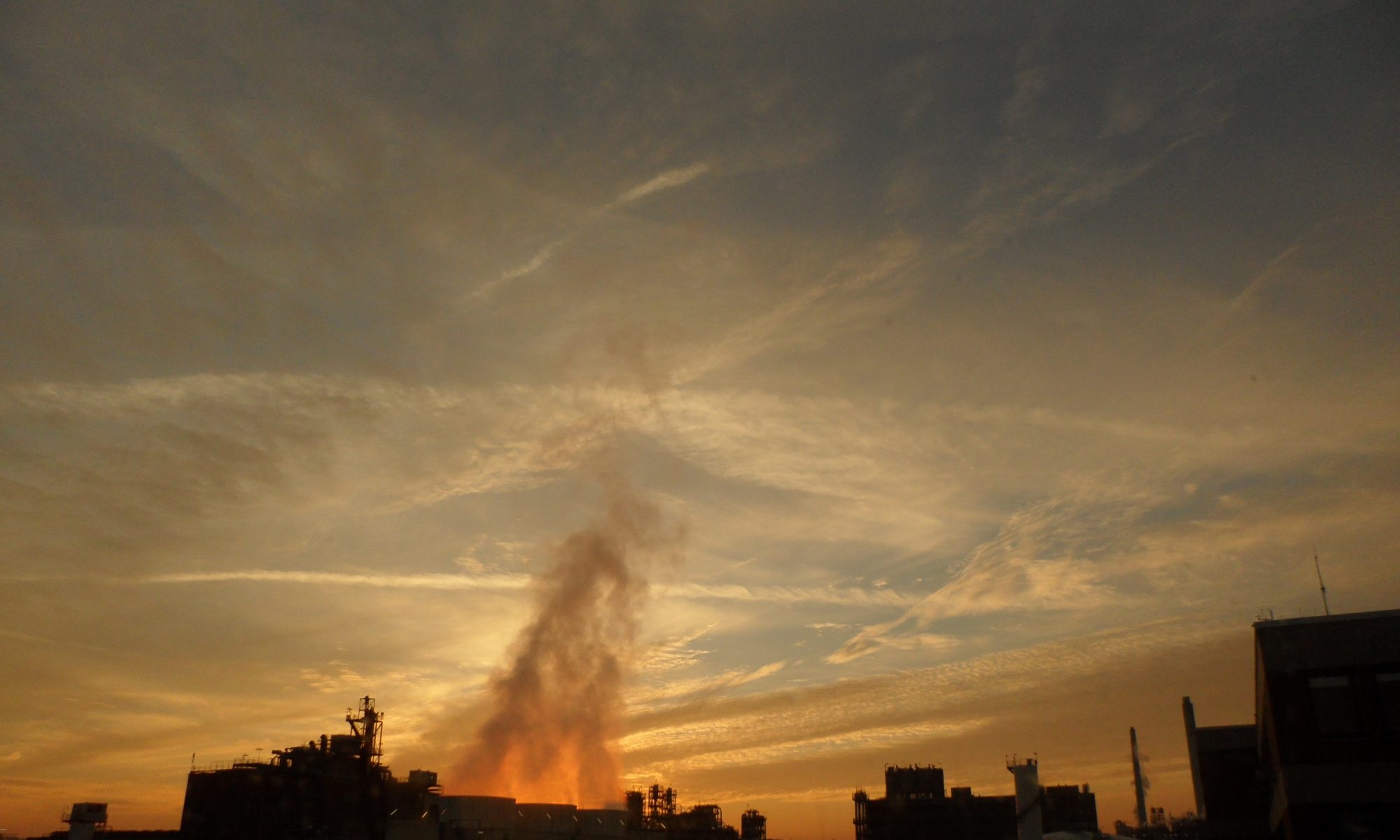The miswak (miswaak, siwak, sewak, Arabic: سواك or مسواك) is a teeth cleaning twig made from the Salvadora persica tree (known as arak in Arabic). A traditional and natural alternative to the modern toothbrush,
it has a long, well-documented history and is reputed for its medicinal benefits.[1] It is reputed to have been used over 7000 years ago.[2] The miswak’s properties have been described thus: „Apart from their antibacterial activity which may help control the formation and activity of dental plaque, they can be used effectively as a natural toothbrush for teeth cleaning. Such sticks are effective, inexpensive, common, available, and contain many medical properties“.[3] It also features prominently in Islamic hygienical jurisprudence.
The miswak is predominant in Muslim-inhabited areas. It is commonly used in the Arabian peninsula, the Horn of Africa, North Africa, parts of the Sahel, the Indian subcontinent, Central Asia and Southeast Asia. In Malaysia, miswak is known as Kayu Sugi (Malay for ‚chewing stick‚).
Science
A 2003 scientific study comparing the use of miswak with ordinary toothbrushes concluded that the results clearly were in favor of the users who had been using the miswak, provided they had been given proper instruction in how to brush using it.[4]However, the study’s sample size was only fifteen people, calling into question its statistical significance. Another study, dealing with the immediate anti-cariogenic effect of the miswak as compared to the toothbrush was done in 2004 with a sample size of 40 individuals. The effects of miswak were found to be more pronounced and beneficial.[5] Another comparative study concluded „compared to tooth brushing, use of the miswak resulted in significant reductions in plaque (p < 0.001) and gingival (p < 0.01) indices“.[6] The World Health Organization (WHO) recommended the use of the miswak in 1986, but in 2000 an international consensus report on oral hygiene concluded that further research was needed to document the effect of the miswak.[7] Some of this further research has been done on a population of 203, and concluded, in turn, „that the periodontal status of miswak users in this Sudanese population is better than that of toothbrush users“.[8] Yet another comparative study says conducted on a sampling of 480 Saudi Arabian adults found that „the level of need for periodontal care in the sample chosen is low when compared with the findings of similar studies undertaken in other countries. The frequent use of the ‚Miswak‘ was associated with a lower need for treatment“.[9]
A 2016 paper has been published comparing human DNA left on used miswak and toothbrushes, including the effect of time, to determine whether miswak is a reasonable source of DNA when found at crime scenes. The conclusion was that miswak contains a high enough quantity of DNA, and retained good DNA profiling; and when compared to toothbrushes, miswak is a reasonable source of DNA for forensic profiling. In addition, time of storage up to 4 months had no or little effects on results.[10]
Dr. Rami Mohammed Diabi,[11] who spent more than 17 years researching the effects of miswak on health, and especially its anti-addiction effects on smokers (curative and preventive sides), has opened a field of „science“ and research with his last publication: „Miswak Medicine Theory“ or Sewak Puncture medicine[12] which led him to what is called Beyond Sewak: World of „Science“ and Research.[13] Miswak also is contributing in the fight against desertification,[14] thereby affecting our environment and global climate.
Miswak extract vs. oral disinfectants[edit]
Miswak may be less effective at fighting bacteria, and therefore plaque, than modern oral disinfectants. Studies indicate that Salvadora persica extract exhibits low antimicrobial activity compared to other oral disinfectants and anti-plaque agents like Triclosan and Chlorhexidine Gluconate.[15][16]
| “ | Mouthrinses containing chlorhexidine was with maximum antibacterial activity, while cetylpyridinium chloride mouthrinses were with moderate and miswak extract was with low antibacterial activity. | ” |
Source: Miswak – Wikipedia
bought sticks + seeds at ebay, and maybe’ll tell more about experience by time…
